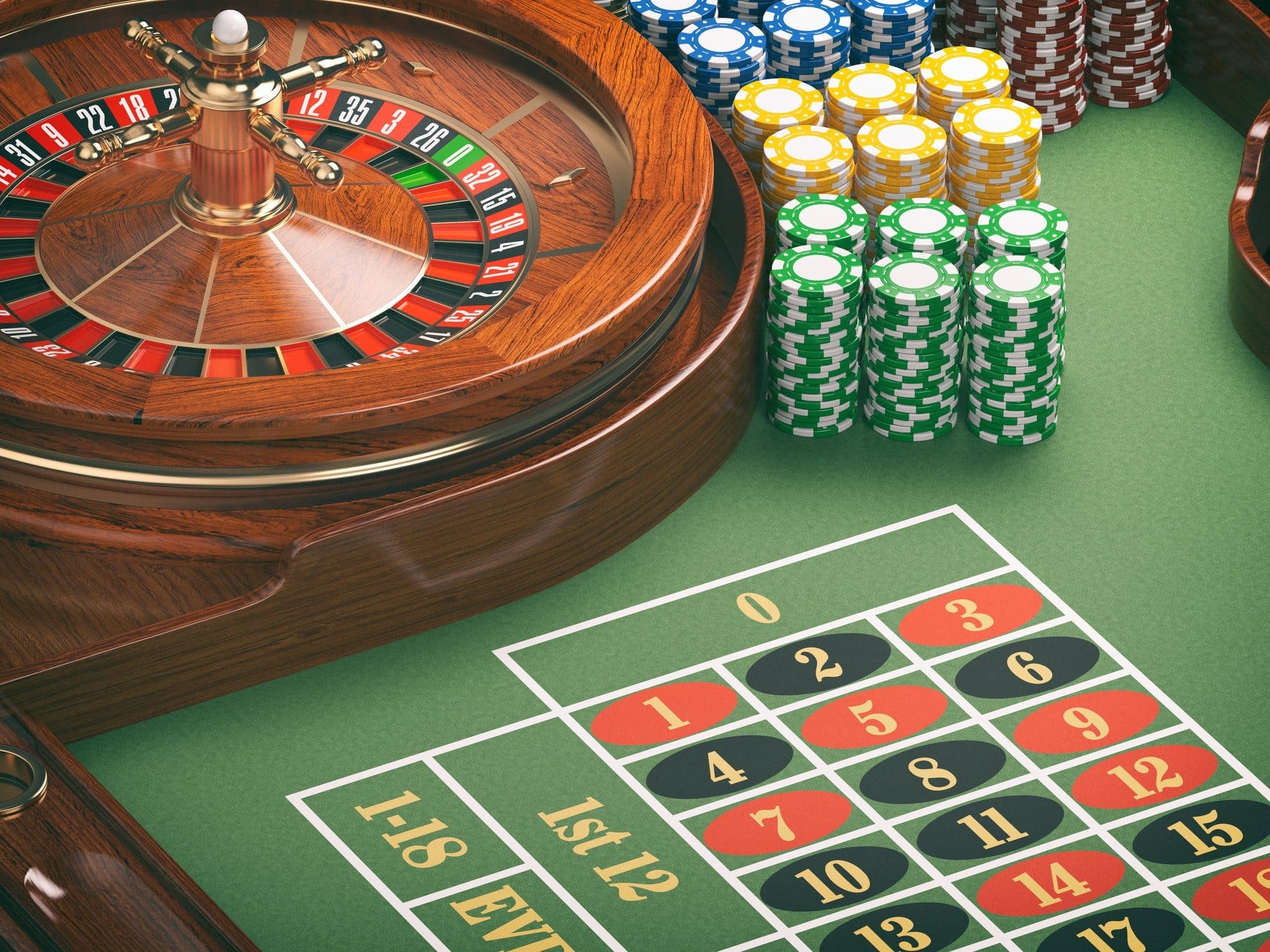Understanding the Different Forms of Playing Cards in Casino Games

Casino offerings have been a source entertainment and thrill for countless players around the globe. One of the main factors that renders these games captivating is the diversity of playing cards employed in different types of games. Grasping the various kinds of cards can enhance your gaming experience and refine your gameplay strategies. Regardless of whether you are drawn to traditional card games like poker and blackjack or newer casino offerings, each game relies on a distinct set of cards that affects the regulations and the flow of play.
In casino settings, cards come in several styles, each tailored to fit the requirements of specific games. From standard decks to specialized card types, the diversity plays a crucial role in shaping the dynamics of each game. By acquainting yourself with these cards and their uses, you can gain more profound insights into the games and make more informed decisions at the table. This knowledge not only enriches your gaming experience but also contributes to a higher-level approach to your odds of success.
Types of Playing Cards
When it comes to casino games, the kind of playing cards used can significantly impact the gameplay and tactics. The most common deck is the traditional 52-card deck, which consists of 4 suits: spades. Each suit contains thirteen ranks, from Ace to king. This traditional deck is essential in numerous games, such as poker, where gamblers aim to create the best hand possible or approach 21 as they can.
Some casino games use special decks specifically designed for the game itself. For instance, the well-known game of baccarat often uses various decks combined, typically 6 or eight. This not only increases the difficulty of the game but also impacts wagering strategies, as players must account for the higher number of cards in play. non UK casinos Additionally, certain games may introduce jokers or wildcards, adding further variety and excitement to the gambling experience.
In niche games, custom decks may come into play. For example, in games like bridge or Pinochle, participants might use specific rules with different card values or roles. These variations keep the gameplay new and allow for diverse strategies to appear. Understanding the various types of playing cards and their particular uses in various casino games is key to enhancing one’s gambling experience and improving overall results at the tables.
Deck Variations in Casino Games
In gambling activities, the type of deck used can significantly impact both the gameplay and the strategies employed by participants. Most traditional playing card games, such as blackjack and poker, typically use a standard 52-card deck. However, modifications do exist where additional wild cards or even multiple decks are used. For instance, in blackjack, some casinos may employ one to eight decks, which can change the odds and the fundamental strategy required to play effectively. Participants must be aware of the set of cards composition, as it affects the casino advantage.
Another common modification in casino playing card games is the use of specialized or custom packs. For instance, some five-card draw activities might use a set of cards that includes unique graphics or designs, which can enhance the atmosphere at the table. These specialized decks often function to differentiate between different game types or loyalty initiatives within the gaming establishment. While the traditional guidelines of the activity remain the same, the aesthetics can influence player engagement and enjoyment.
Lastly, the mixing methods employed with different kinds of packs can also impact gameplay. Casinos often utilize automatic mixing machines that can randomly reorder multiple decks effectively, making card counting more challenging. The frequency and method of shuffling can vary widely based on the game and the gaming establishment’s policies. Understanding these card variations is important for any participant seeking to improve their game strategy and overall satisfaction in casino games.
Significance of Playing Card Worth
In casino games, the value of each playing card plays a key role in influencing the outcome of various games. Different activities assign specific worths to cards, affecting strategies and player choices. For instance, in 21, playing cards numbered two through 10 are rated at their face value, while face cards hold a value of 10, and the ace can be worth alternatively one or eleven. Understanding these worths allows gamers to make knowledgeable decisions during gameplay, enhancing their odds of winning.
Similarly, in Texas Hold’em, the value of playing card values extends to hand and hand rankings. High-value playing cards can form more powerful hands, such as two of a kind, straight hands, or flush hands, which are important for triumph in the game. Players must evaluate not only their personal hand but also potential combinations their opponents might hold. This tactical depth adds thrill and complexity, making playing card worths a key factor in poker’s attraction.
Additionally, the psychological aspect of card values cannot be dismissed. Players may use the awareness of card values to deceive or mislead their rivals. By understanding how a playing card’s worth can change the game’s dynamics, players can more effectively navigate risks and rewards, creating a thrilling atmosphere in gaming games. Whether competing for entertainment or for actual money, knowledge of playing card values significantly shapes the overall gaming encounter.
